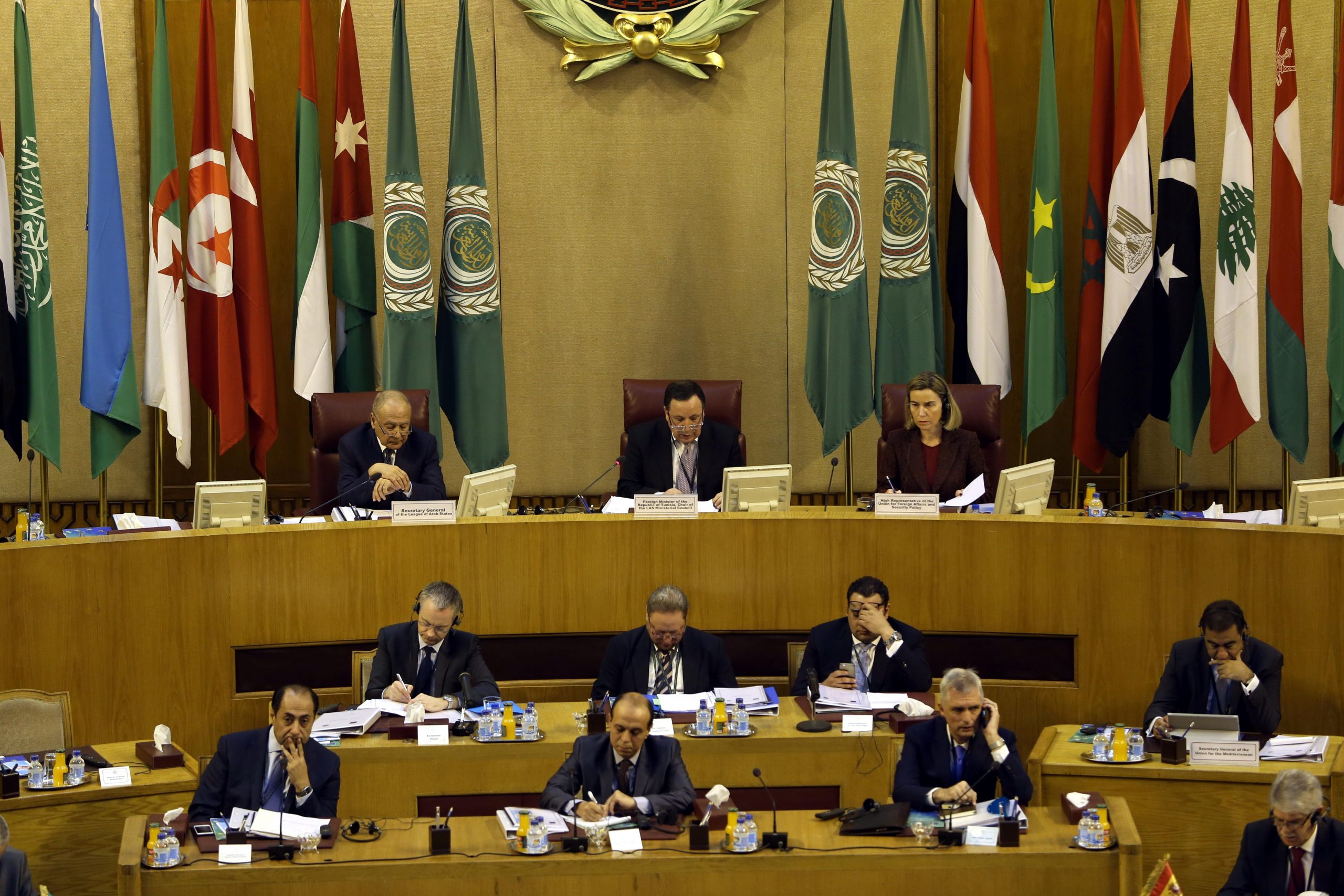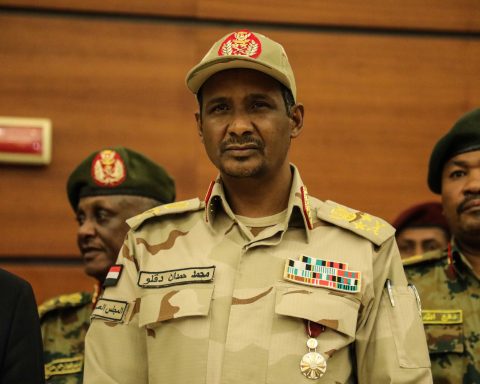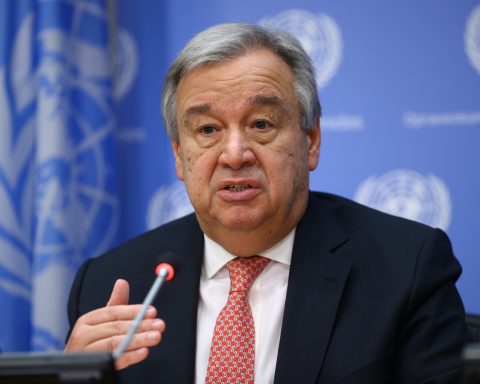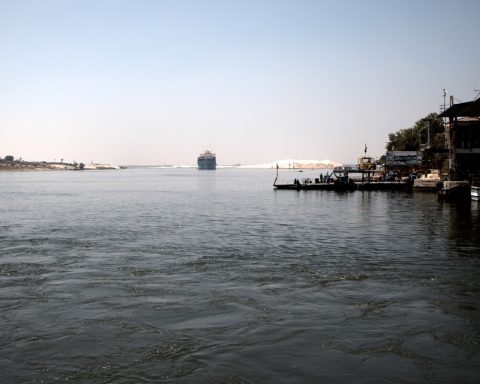The GERD project, which was built on the Blue Nile in a region close to the Sudan-Ethiopia border, could not produce a positive result due to the mutual accusations of the parties, despite the negotiations between Egypt, Sudan, and Ethiopia for about ten years. Ethiopia supplies almost 90% of its electricity needs from hydroelectric power plants and aims to export electricity to neighboring countries by closing the energy gap with GERD. However, Ethiopia accounts for around 85 percent of the Nile’s flow. The project, which has been built to around 80%, will begin to contain water for the first time in July 2020. Furthermore, the project is scheduled to be completed in 2023. As a result of the economic losses caused by the project, Egypt and Sudan are at odds in discussions with Ethiopia.
The rapprochement between Sudan and Egypt reached its current state after the initial filling process after the two states had a dispute with Ethiopia over the filling and operation of the GERD project. Ethiopia aims to complete the second filling of the dam, which is 13.5 billion cubic meters this year, without reaching a tripartite agreement regulating the amount of water Ethiopia will release to downstream countries. Khartoum and Cairo governments have strengthened their relations in Sudan since the removal of Omar al-Bashir from power in 2019. As a matter of fact, this situation also increased Ethiopia’s concerns in light of the disagreement over the dam.
Arab League Secretary-General Ahmed Aboul Gheit said at a press conference that Arab countries will request the Security Council to hold an emergency session on the decade-long GERD conflict. The Doha meeting was held after years of unsuccessful negotiations between Ethiopia on the one hand and Egypt and Sudan on the other. Egypt and Sudan had previously called on the US, EU, and the UN to join the negotiations as mediators with the African Union, which is leading the effort to reach an agreement, and Ethiopia rejected this idea, arguing that “African states should find solutions to African problems”.
Egypt’s Foreign Ministry said last week that it had sent a letter to the Security Council to explain its position. He accused Ethiopia of not helping to reach a “fair, balanced and legally binding” agreement in previous talks overseen by the African Union. The Ethiopian policymakers did not make a statement on this development, but they argue that the GERD dam is vital to lift its approximately 110 million citizens out of poverty.
The main points of disagreement in past negotiations have been over determining a mechanism to deal with future water disputes and how river waters should be allocated during a drought. The Arab League meeting on the issue also took place amid diplomatic and political pressure from Egypt and Sudan on Ethiopia ahead of the planned second phase of filling the dam. In this context, Qatari Foreign Minister Mohammad bin Abdulrahman Al-Thani emphasized that “there should be a United Arab position” on this issue and water security is important not only for humanity but also for the survival of the peoples of Sudan and Egypt.
In March, Egyptian President Abdel Fattah al-Sisi warned Ethiopia not to violate Egypt’s water rights, saying that a second filling of the dam without agreement on the GERD project could lead to “major instability” in the region. Egypt and Sudan want a binding agreement that explains how the dam will be operated and filled, based on international law and norms governing transboundary rivers. In this context, the Arab League gave the message that “gradual measures” could be taken to support Egypt and Sudan at the meeting held on 15 June.














